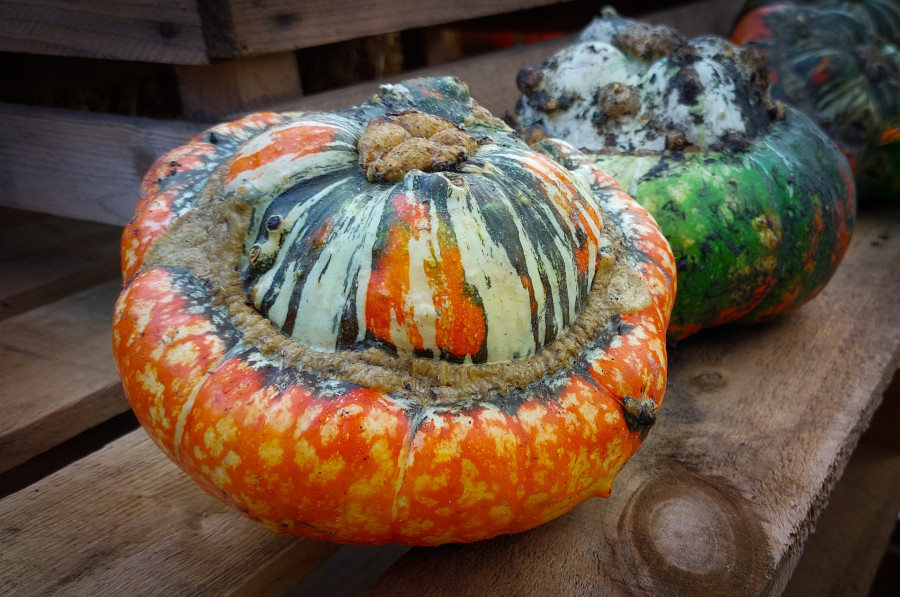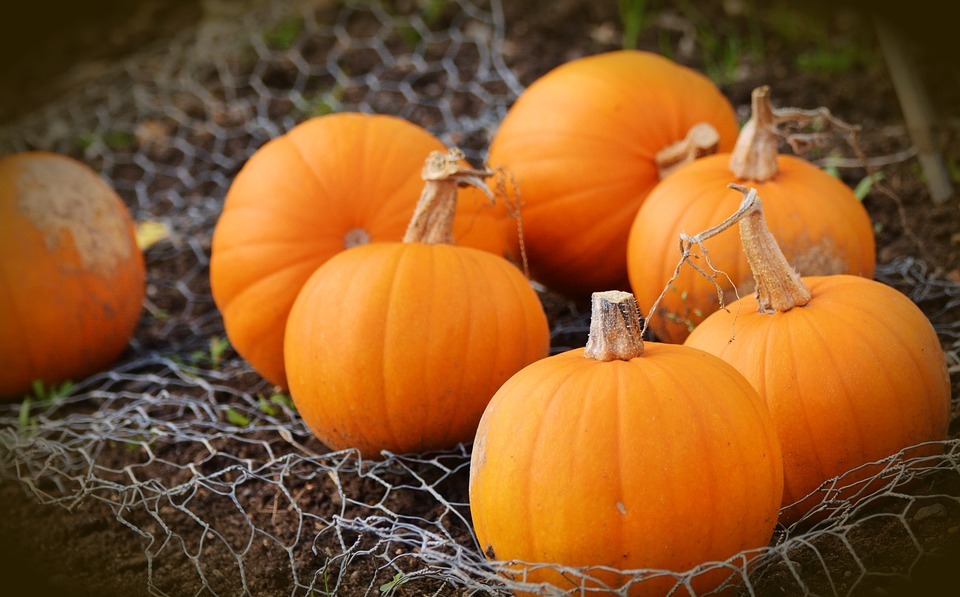This comprehensive guide explores the suitability of squash for rabbits, examining its nutritional value, safe preparation methods, potential risks, and a wider range of safe vegetables for your furry friend. We'll delve into the details of feeding squash to rabbits, covering aspects such as frequency, portion sizes, and potential risks.
Part 1: Understanding the Nutritional Value of Squash

1.1. Squash: A Nutrient-Rich Treat for Rabbits
Squash, a member of the gourd family, offers various vitamins and minerals beneficial to rabbits. These include:
- Vitamin A: Essential for healthy vision, skin, and immune function. Squash is an excellent source of beta-carotene, which converts to vitamin A in the rabbit's body.
- Vitamin C: Supports collagen production, immune function, and acts as an antioxidant.
- Potassium: Helps regulate blood pressure, muscle function, and fluid balance.
- Fibre: Promotes digestive health, prevents constipation, and provides a sense of fullness. The high fibre content in squash can help keep your rabbit's digestive system healthy.
1.2. Types of Squash Safe for Rabbits
Not all squash varieties are safe for rabbit consumption. Here's a list of safe options:
- Butternut Squash: A popular choice known for its sweet flavour and high nutritional value.
- Acorn Squash: Slightly nutty and firmer than butternut squash. It's also high in vitamins A and C.
- Kabocha Squash: Known for its deep green skin and sweet, earthy flavour. It's rich in antioxidants and fibre.
- Spaghetti Squash: Unique for its stringy flesh that resembles spaghetti when cooked. It's lower in calories and higher in fibre than other squash varieties.
1.3. Comparing the Nutritional Content of Squash Varieties
The exact nutritional content can vary slightly depending on the variety and growing conditions. Here's a general comparison:
- Butternut Squash: Higher in vitamin A, potassium, and fibre.
- Acorn Squash: Similar to butternut squash in nutrient content but slightly higher in carbohydrates.
- Kabocha Squash: Rich in antioxidants, vitamin C, and fibre.
- Spaghetti Squash: Lower in calories and carbohydrates but high in fibre and vitamin C.
Part 2: How to Safely Introduce Squash to Your Rabbit

2.1. Starting with Small Amounts
When introducing any new food, it's vital to start with a tiny piece of cooked squash and observe your rabbit for any signs of digestive upset. This might include diarrhoea, gas, loss of appetite, or lethargy.
2.2. The Importance of Cooking Squash
Raw squash is difficult for rabbits to digest, potentially leading to digestive issues. Cooking the squash helps break down its fibres, making it more digestible.
2.3. Preferred Cooking Methods for Squash
- Steaming: A healthy option that preserves nutrients and keeps the squash moist.
- Baking: Can bring out the natural sweetness of squash. Ensure it's cooked thoroughly.
- Roasting: Adds a touch of flavour and can be paired with other vegetables or herbs.
2.4. Removal of Seeds and Skin
Before feeding squash to your rabbit, remove the seeds and skin. These parts are difficult to digest and can pose choking hazards. The seeds can also contain toxins that are harmful to rabbits.
2.5. Gradual Introduction and Monitoring
After your rabbit tolerates a small amount of cooked squash, gradually increase the quantity over several days. Continue to monitor their reaction closely and adjust the amount as needed.
Part 3: Potential Risks Associated with Feeding Squash to Rabbits
3.1. The Risk of Digestive Upset
Introducing squash too quickly or in large quantities can cause digestive upset in rabbits. Signs of upset include diarrhoea, gas, loss of appetite, and abdominal bloating.
3.2. High Sugar Content and Its Impact
While squash offers nutritional value, it also contains a significant amount of sugar. Excessive sugar intake can lead to weight gain, dental problems, and an increased risk of developing diabetes in rabbits.
3.3. Individual Sensitivity to Squash
Some rabbits may be more sensitive to squash than others. If your rabbit shows any signs of discomfort after consuming squash, discontinue feeding it to them. Consult your veterinarian if symptoms persist.
3.4. Potential for Bloating
The high fibre content in squash can sometimes lead to bloating in rabbits, especially if they are not accustomed to eating it. Start with small amounts and observe their reaction.
Part 4: Safe Vegetables for Rabbits
4.1. Leafy Greens: A Nutritional Powerhouse
- Parsley: Rich in vitamin C, potassium, and iron.
- Cilantro: A good source of vitamins A and C, as well as antioxidants.
- Spinach: High in vitamins A, C, and K, as well as iron and calcium.
- Kale: Packed with vitamins A, C, and K, as well as antioxidants.
- Romaine Lettuce: A good source of vitamins A, C, and K, and a lower-calorie option compared to other lettuces.
- Dandelion Greens: A good source of vitamins A, C, and K, and can be beneficial for digestion.
- Endive: High in vitamin C, potassium, and fibre.
4.2. Root Vegetables: A Source of Essential Nutrients
- Carrots: A good source of vitamin A, beta-carotene, and fibre.
- Celery: Low in calories and high in vitamins A and K.
- Parsnips: Similar to carrots in taste and texture but slightly sweeter and richer in vitamins A and C.
- Beetroot: A good source of vitamins A, C, and K, as well as folate.
4.3. Other Safe Vegetables: A Variety for Your Rabbit's Diet
- Broccoli: A good source of vitamins C and K, as well as fibre.
- Cauliflower: Low in calories and a good source of vitamin C.
- Bell Peppers: Rich in vitamins A, C, and K, and a good source of antioxidants.
- Cucumber: Low in calories and high in water content, helping to keep rabbits hydrated.
- Zucchini: A good source of vitamin C and potassium.
- Peas: High in protein and fibre, and a good source of vitamins A, C, and K.
Part 5: Frequently Asked Questions About Feeding Squash to Rabbits
5.1. How Often Can I Feed My Rabbit Squash?
Squash should be offered as a treat, no more than a few times per week. Excessive amounts can lead to digestive issues and weight gain.
5.2. Can I Feed My Rabbit Raw Squash?
It's best to avoid feeding raw squash to rabbits. It's difficult for them to digest, and the skin and seeds can pose choking hazards.
5.3. Is Squash a Suitable Main Food for Rabbits?
No, squash is not a suitable main food for rabbits. They require a diet primarily consisting of high-quality hay, supplemented with fresh vegetables and a small amount of rabbit pellets.
5.4. What if My Rabbit Shows Signs of Digestive Upset After Eating Squash?
If your rabbit shows signs of digestive upset after eating squash, discontinue feeding it to them. Offer them plenty of fresh water and monitor their condition. If symptoms persist, consult a veterinarian.
5.5. Are There Any Vegetables That Rabbits Should Never Eat?
Yes, there are several vegetables that are toxic to rabbits and should be avoided:
- Onions: Can cause anaemia and damage to red blood cells.
- Garlic: Can be toxic to rabbits and can cause digestive problems.
- Rhubarb: Contains oxalic acid, which can cause kidney stones.
- Avocados: Contain persin, a toxin that can be fatal to rabbits.
- Potatoes (green parts): Contain solanine, which is poisonous to rabbits.
- Tomatoes: Contain solanine and tomatine, which are toxic to rabbits.
5.6. Can Baby Rabbits Eat Squash?
It's best to avoid feeding squash to baby rabbits until they are at least 4-6 weeks old. Their digestive systems are still developing, and they may not be able to tolerate it well.
5.7. How Much Squash Should I Feed My Rabbit?
A good rule of thumb is to offer a small piece of cooked squash, no larger than a tablespoon, a few times per week. This will ensure they get the nutritional benefits without overdoing it.
5.8. Is it Safe to Feed Squash to Pregnant or Lactating Rabbits?
It's generally safe to feed squash to pregnant or lactating rabbits in moderation. However, it's always best to consult with your veterinarian to ensure it's appropriate for your rabbit's specific needs.
Part 6: Conclusion
Squash can be a healthy and enjoyable treat for rabbits when offered in moderation and prepared properly. It provides valuable nutrients like vitamins A and C, potassium, and fibre. Remember to introduce squash gradually and monitor your rabbit's response carefully. Always prioritize a diet primarily based on high-quality hay, fresh vegetables, and rabbit pellets. Consult with a veterinarian for any specific dietary concerns or questions related to your rabbit's health and well-being.
Everyone is watching
-

Do Rabbits Lay Eggs? (The Surprising Truth)
OTHER TYPES OF PETSThis article will unravel the common misconception that rabbits lay eggs, exploring the fascinating world of r...
-

What's a Group of Rabbits Called? (A Comprehensive Guide)
OTHER TYPES OF PETSThis article delves into the fascinating world of rabbits, exploring the various terms used to describe a grou...
-

Can Rabbits Eat Grapes? A Guide to Safe Rabbit Treats
OTHER TYPES OF PETSThis comprehensive guide will explore the safety and suitability of grapes for rabbits, providing detailed inf...
-

Predators That Hunt Rabbits: A Guide to Natural Enemies
OTHER TYPES OF PETSI've always been fascinated by the circle of life, that delicate dance between predator and prey. Growing up ...
-

Are Rabbits Nocturnal Animals?
OTHER TYPES OF PETSThe question of whether rabbits are nocturnal animals is a fascinating one, with a surprisingly complex answer...
